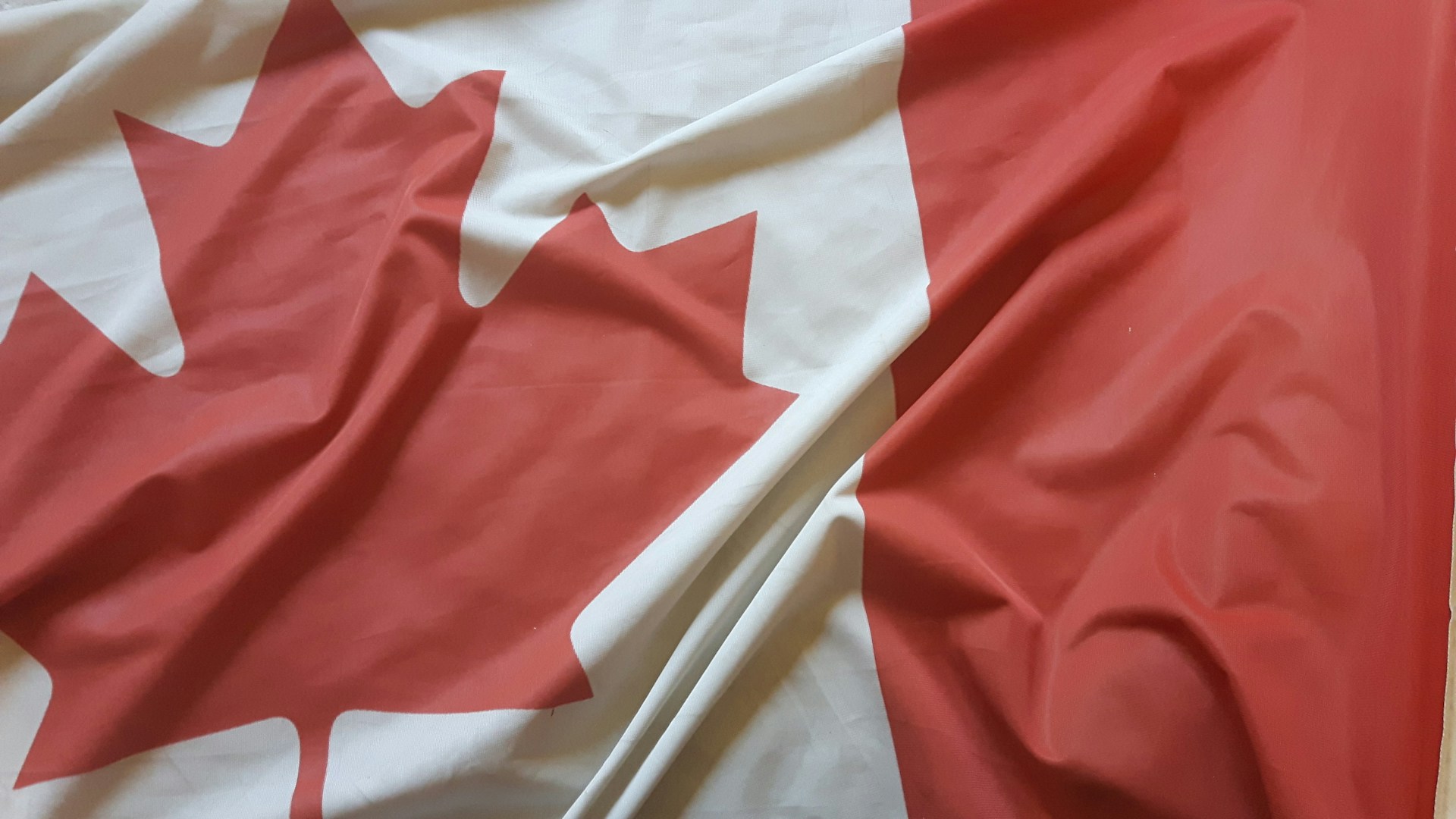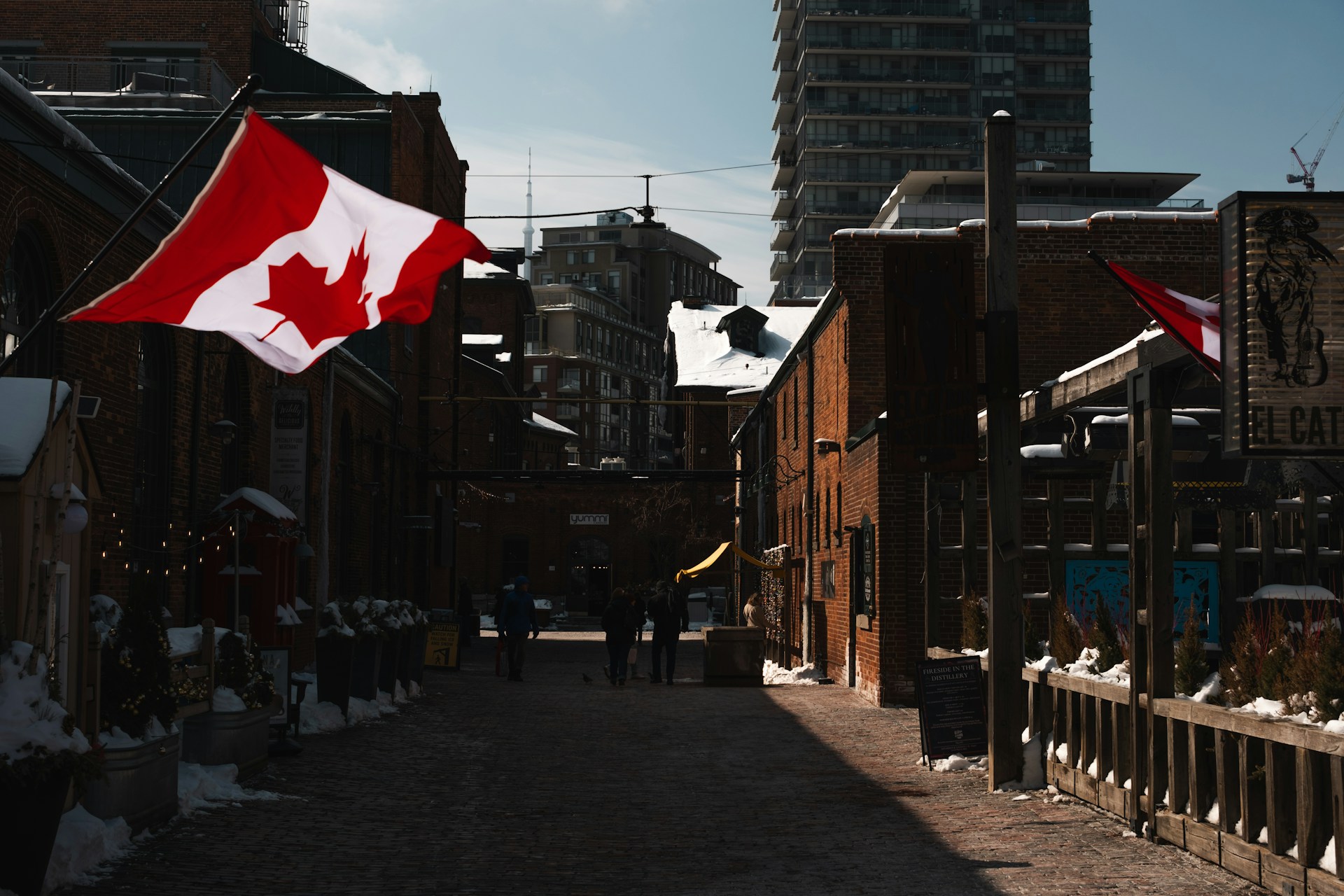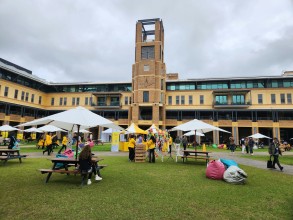News & Blogs
5 Things You Must Know Before Studying in Canada

Introduction to Things to Know Before Studying in Canada
Many international students choose to study in Canada. Every year, thousands of young people move there because people say that Canada has a good and safe education system. But moving to a new country is a big step, and there are many things to know before studying in Canada. Your study journey will be much easier and more fun if you understand these things early on.
One of the most important things to know before studying in Canada is money. The tuition fee in Canada can be quite expensive compared to other countries, and students also need to budget for food, housing, travel, and books. Many students cover part of these costs by taking part-time jobs in Canada, and there are plenty of job opportunities in Canada for students who want to work while studying. Another important part of getting ready for life in Canada is learning how to balance work and school.
Paperwork is another important thing. You cannot study without a student visa in Canada (also called a study permit). You need to show the right documents, like your school acceptance letter and proof of money, when you apply for this visa. This may sound hard, but it's something that all international students go through. It gets a lot easier if you understand this step well.
In short, there are a few important things to know before studying in Canada. These are how the schools work, how much it costs, how to get a visa, and how to find a job. This blog will break down each step in very simple terms so that you can feel ready, safe, and excited about your new life in Canada.
Education System and Admission Requirements
When thinking about the things to know before studying in Canada, the first step is to understand how schools and admissions work. People all over the world know that Canada's education system is good, but it's also a little different from those in other countries. This is what you need to know:

1. Types of Schools in Canada
- Colleges – They mostly offer diplomas, certificates, and short programs. They teach useful skills and help people find jobs in Canada quickly.
- Universities – Universities offer bachelor's, master's, and doctoral degrees. They put more emphasis on theory, research, and careers that last a long time.
- Both choices are valid, and which one you choose depends on your career goals.
2. Admission Requirements
- Academic Records – School or college grades from your home country must be shown on your academic records.
- Language Test – Most schools want you to take the IELTS or PTE or TOEFL (for English) or the TEF (for French). This is also necessary for a student visa in Canada.
- Documents – Some programs want a Statement of Purpose (SOP), a resume, or letters of recommendation.
- Special Programs – You might need higher grades or extra entrance exams to get into courses like medicine, law, or engineering.
3. Intakes in Canada
- Fall (September) – Is the time of year when most programs start.
- Winter (January) – A second chance if you miss Fall.
- Summer (May/June) – There are fewer programs, but it's a good time for diplomas and short courses.
- Apply 6–12 months before your intake to get a spot quickly, as the admission process in Canada takes time.
4. Study Permit (Student Visa in Canada)
- You need to apply for a study permit in Canada after you get your letter of acceptance from school.
- You need to show that you have enough money to pay for your tuition and living expenses in Canada.
- You can't legally study in the country without this permit.
One of the most important things to know before studying in Canada is how the education system works and what steps you need to take to get in. It helps you choose the right school, apply on time, and start your journey without any stress.
Cost of Living and Tuition Fees
When planning your studies abroad, one of the most important things to know before studying in Canada is the cost. In Canada, studying isn't just about paying for school. You also have to pay for things like food, housing, and transportation every day. Knowing these costs ahead of time will help you make a budget and avoid surprises.
1. Tuition Fees in Canada
- Undergraduate Programs – International students pay between CAD 15,000 and CAD 25,000 a year for undergraduate programs.
- Postgraduate Programs – Postgraduate programs cost between CAD 20,000 and CAD 35,000 per year, depending on the course.
- Professional Courses – Programs like law, medicine, or an MBA can cost more, sometimes more than CAD 50,000 a year.
- Always check with the school you want to attend because tuition costs vary by university, program, and location.
2. Cost of Living in Canada for Students
- Housing/Accommodation – The most expensive part is rent. Living on campus can cost between CAD 6,000 and 10,000 per year, while renting a shared apartment off campus can cost between CAD 700 and 1,200 per month.
- Food and Groceries – Food and groceries cost about CAD 300 to 600 a month. Eating out is more expensive than cooking at home.
- Transportation – A monthly bus or train pass usually costs CAD 80 to 120, but students can often get a discount.
- Health Insurance – International students must have health insurance, which costs between CAD 600 and 900 per year, depending on the province.
- Other Expenses – Books, the internet, and personal expenses could add another CAD 1,000 to 2,000 a year.
3. Part-Time Jobs and Work Opportunities
- International students can work up to 20 hours a week while they are in class and full-time during breaks.
- Many students take part-time jobs in Canada in retail, food service, or as research assistants.
- These jobs in Canada can help pay for daily expenses, but they might not be enough to cover all of your tuition.
Planning for both the tuition fee in Canada and the cost of living in Canada is one of the key things to know before studying in Canada. Students can make their study journey easier and less stressful by making a clear budget and looking into part-time work or scholarships.
Student Visa and Immigration Process
Another very important part of the journey is getting a student visa in Canada, also known as a study permit in Canada. Without this permit, you cannot study in the country, so it is one of the most critical things to know before studying in Canada. At first, the process may seem hard, but if you plan ahead, it gets a lot easier.

1. Documents You Need
-
Letter of Acceptance – You need to be accepted by a Canadian college or university that is well-known.
-
Proof of Funds – You need to show that you can pay for your living cost in Canada (at least CAD 10,000 per year for living expenses, more if you are bringing a family) and your tuition.
-
Valid Passport – Your passport must be valid for the entire time you are studying.
-
Language Test Results – Most students show their IELTS or TOEFL scores, which is what schools and visa officers want to see.
-
Other Papers – Some students also need a Statement of Purpose, medical exam results, or biometrics (fingerprints and a photo).
2. Application Process
-
You can apply online at the official Government of Canada website.
-
Fill out the study permit form, upload your papers, and pay the visa fee, which is about CAD 150.
-
At an official visa application center, you will need to give your fingerprints and a photo.
-
Some students may need to have a medical exam or give more papers.
-
You will get your student visa in Canada once it is approved. This lets you travel and study.
3. Work Rights While Studying
-
International students with a valid study permit can work up to 20 hours a week while they are in class.
-
You can work full-time during breaks, like summer or winter holidays.
-
These jobs and job openings in Canada help students pay for their living costs.
4. Post-Graduation Work Permit (PGWP)
-
After finishing your studies, you may apply for the Post-Graduation Work Permit (PGWP Canada).
-
You can stay and work in Canada for up to three years with this permit, depending on how long your program is.
-
If you want to live in Canada permanently later, this is also an important step.
Getting a student visa in Canada to study may seem like a lot of work, but it's one of the most important things to know before studying in Canada. You can start your studies on time and take advantage of everything Canada has to offer if you get your papers in order early and follow the steps carefully.
Lifestyle and Cultural Adjustment
It's exciting to move to a new country, but it also means things will be different. Understanding lifestyle and cultural differences is one of the most important things to know before studying in Canada. Canada is known for being friendly and diverse, but it takes time to get used to a new place.
1. Weather and Clothing
- There are four seasons in Canada, and in many places, winters can be very cold. In some cities, the temperature could drop below -20°C.
- You will need warm clothing like jackets, boots, gloves, and hats. Preparing for the weather is one of the first things to know before studying in Canada.
2. Multicultural Environment
- People from all over the world live in Canada. You will meet classmates from other countries, which is a great way to make friends and learn about other cultures.
- It's important to respect other people's traditions and cultures. Going to cultural events can make you feel more at home.
3. Daily Life and Independence
- Students are responsible for their own meals, laundry, and getting around. It helps a lot to learn how to cook and plan for daily costs.
- A lot of people use public transportation, but depending on the city, many students also buy bikes or cars..
4. Social Life and Mental Health
- It can take a while to make friends, but joining student clubs, campus events, or sports teams can help.
- It's normal to feel homesick and stressed. International students in Canada can get counseling and mental health services at schools.
- Balancing studies, work, and social life is an important thing to know before studying in Canada.
5. Part-Time Jobs and Work-Life Balance
- Students can work part-time while they are in school to help pay for things and get experience.
- Getting a job in Canada can also help you learn the language and get to know the culture.
It may take some time to get used to life in Canada, but if you are ready and open-minded, you can enjoy your studies and daily life. Being aware of these lifestyle changes is one of the key things to know before studying in Canada for a smooth and enjoyable experience.
Career Opportunities and Future Pathways
One of the most important things to know before studying in Canada is what jobs are available there and what your career options will be after you finish. There are many chances for students in Canada while they are in school and after they graduate.

1. Part-Time Jobs During Studies
- International students can work up to 20 hours a week while they are in school and full-time during breaks.
- Students in Canada often work in retail, food service, as a tutor, as a research assistant, or as an intern.
- Working part-time helps pay for everyday costs and makes your English or French better.
2. Internship and Co-op Programs
- Internships and co-ops are available in many programs, which give students real work experience in their field.
- This experience makes it more likely that you'll find a full-time job after you graduate.
3. Post-Graduation Work Permit (PGWP)
- After completing studies, students can apply for the Post-Graduation Work Permit (PGWP Canada).
- This permit lets you work in Canada for one to three years, depending on how long your program is.
- This is a key thing to know before studying in Canada if you want to gain Canadian work experience.
4. Permanent Residency and Career Growth
- After you graduate, working in Canada can help you get permanent residency (PR).
- Canada has programs like Express Entry and Provincial Nominee Programs (PNP) that help skilled workers stay in the country.
- It's important to think about your career and PR options early on when you want to study in Canada.
5. Choosing the Right Program for Jobs Opportunity in Canada
- There are more job openings in Canada in some fields than in others. These include IT, healthcare, engineering, business, and finance.
- Before applying, look into industries that are in high demand. This will help make sure that your studies will lead to real job opportunities.
Understanding career paths, work rights, and future options is one of the most important things to know before studying in Canada. Students can turn their Canadian education into a successful career and long-term opportunities if they plan carefully.
Conclusion
It's exciting to study in Canada, but you need to be ready. Knowing the things to know before studying in Canada can help you plan your journey, save money, and avoid stress. Preparation is key, from learning about the Canadian school system and tuition costs to getting a student visa and finding work in Canada.
You will have to get used to a new way of life, keep track of your money, and look into job opportunities. Canada has a lot of jobs, internships, and work permits for people who have just graduated. These can all help you build a successful future.
If you remember these things, you can make the most of your time in Canada, focus on learning, and have a safe, smooth, and enjoyable time. Remember, planning ahead and knowing the essential things to know before studying in Canada will make your study journey easier, happier, and more successful.




